
Are People Truly Excited about the Smart Cities Movement?
Last year, a study published by the Institution of Engineering and Technology (IET) found, “Only 18 per cent of the British public has heard of a ‘smart city’.”[1] I suspect the British
In this blog, we discuss cognitive computing and other technologies with a focus on supply chain management and innovation. Other topics of discussion include digital enterprise transformation, marketing, the Internet of Things, and smart cities. Our goal is to advance the public discussion about how cognitive computing and other advanced technologies affect the world in which we live.
Bradd C. Hayes is the active editor of this blog.

Last year, a study published by the Institution of Engineering and Technology (IET) found, “Only 18 per cent of the British public has heard of a ‘smart city’.”[1] I suspect the British

The upside potential of smart cities is enormous. As more people flock to urban areas, the requirement for cities to become more efficient, citizen friendly, and resource wise also grows. To achieve

Travel writers love painting a picture of the world they see with words; and, Barcelona, Spain, has a lot to write about. Reporters for the Lonely Planet paint this picture of the
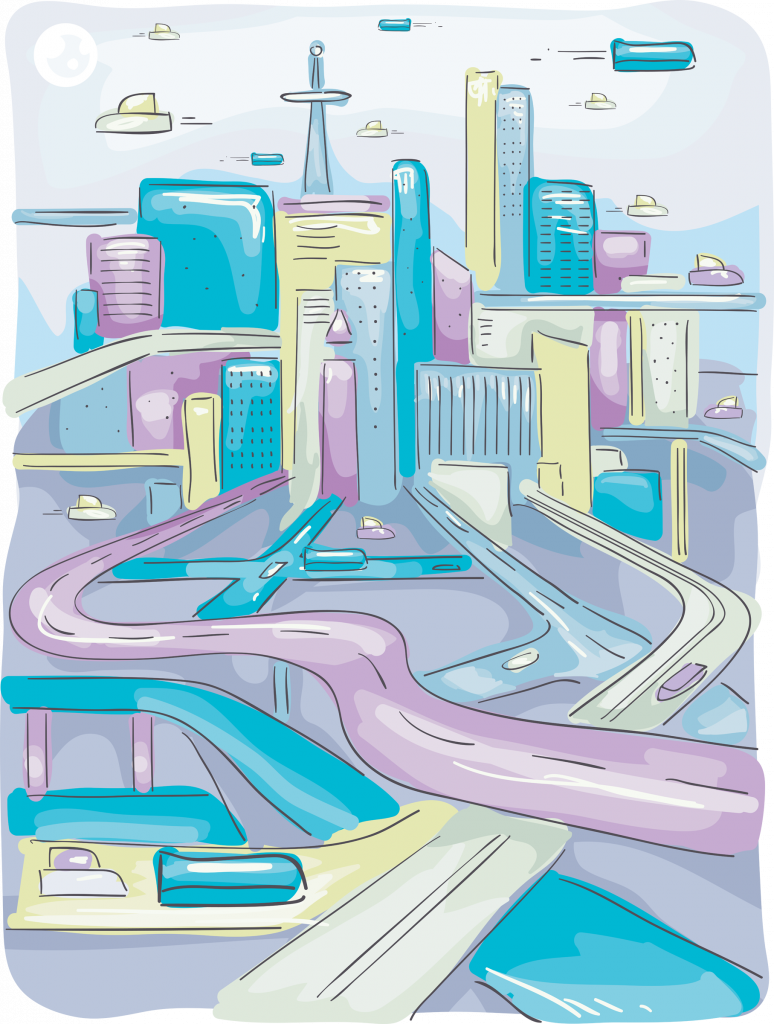
“Every mayor wants their city to be ‘smart’,” writes Eleanor Cummins (@elliepses), “but harder is doing what it takes to increase the IQ of inanimate infrastructure, or finding the money or people
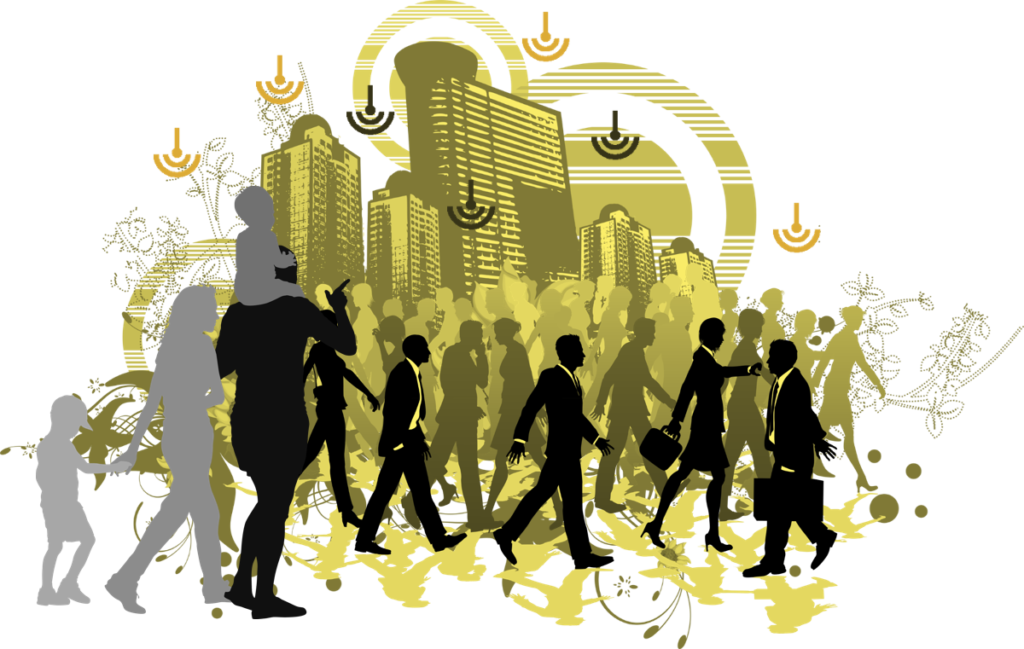
The smart cities movement is based on the premise that greater connectivity will make systems smarter allowing urban entities to use resources more wisely. Too often, however, discussions focus on technologies and
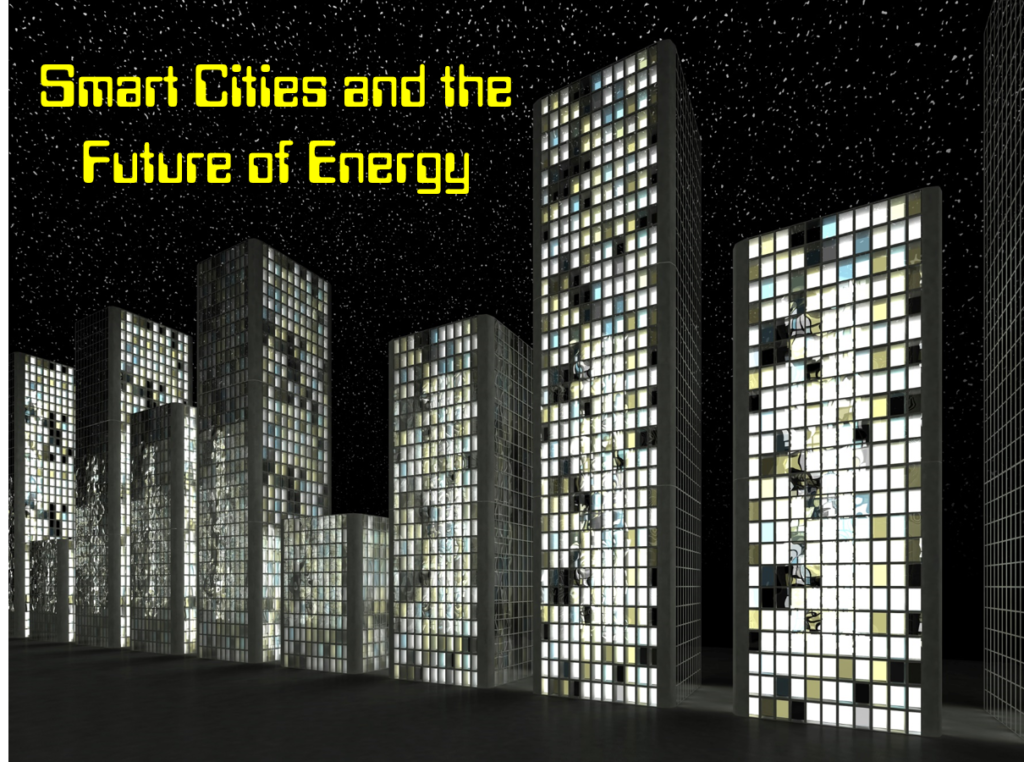
“The way we consume power has remained stubbornly anachronistic,” asserts Lauris Veips. “However, much can be and is being done to make the grid more efficient, potentially saving a chunk of the
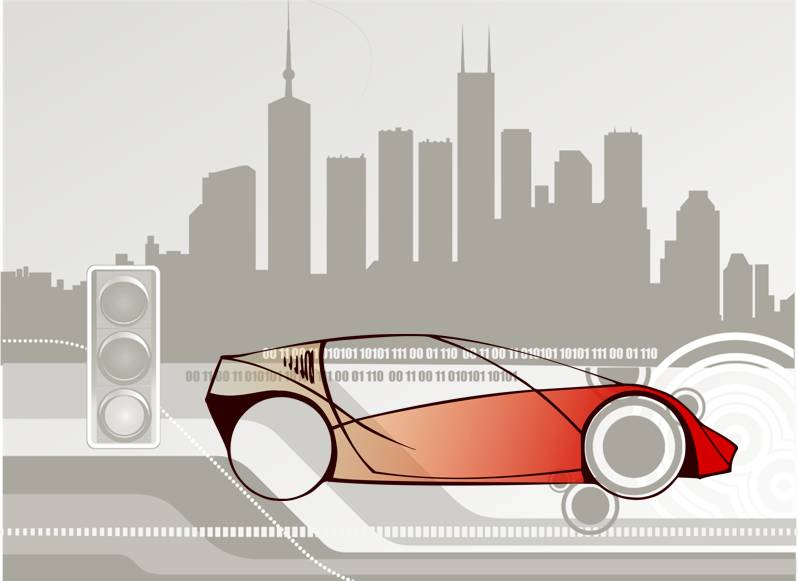
“The reason why we think about and talk about smart cities,” former U.S. Transportation Secretary Anthony Foxx (@SecretaryFoxx), told an audience, “is because we recognize that we don’t have infinite resources, and

Most discussions about smart cities focus on how technology can be leveraged to make urban systems more efficient. I believe no city deserves to be called “smart” unless it makes improving the
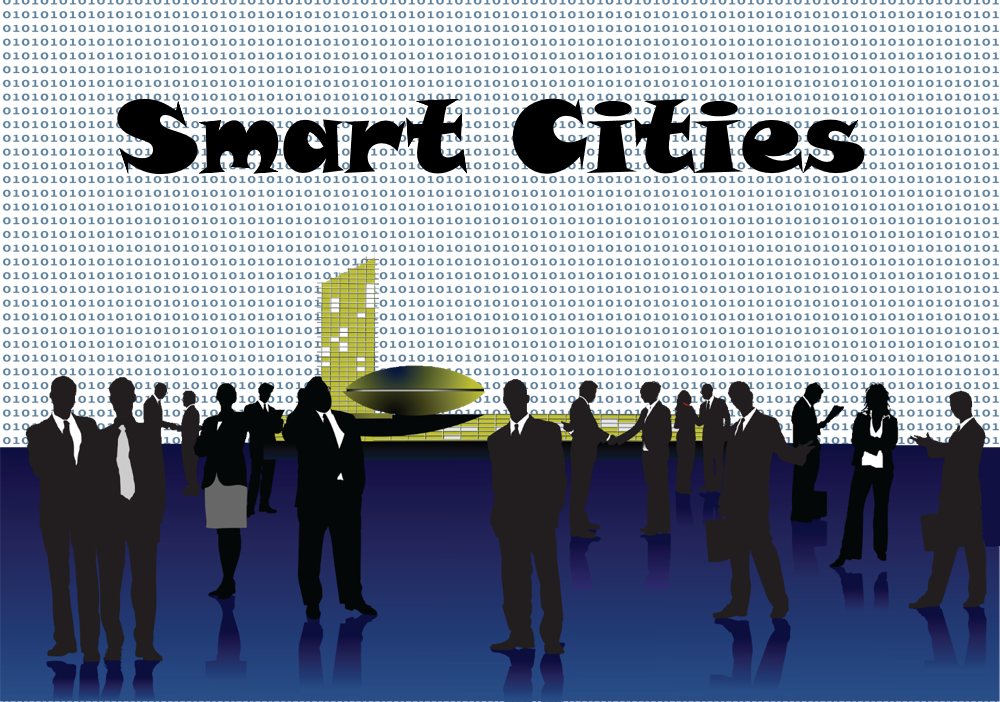
One of the undeniable trends shaping the world’s future is urbanization. More than half the globe’s population is already living in urban areas and that percentage is growing. Bertrand Moingeon (@B_Moingeon), a

“People continue to flock to cities for several reasons,” writes Andrew Meola (@andrewmeola), “such as employment opportunities, lifestyle, and more. The latest U.S. Census Bureau data showed that all but one of
All Rights Reserved. Privacy Policy | Terms and Conditions ©2024 Enterra Solutions LLC® | Click for Accessibility